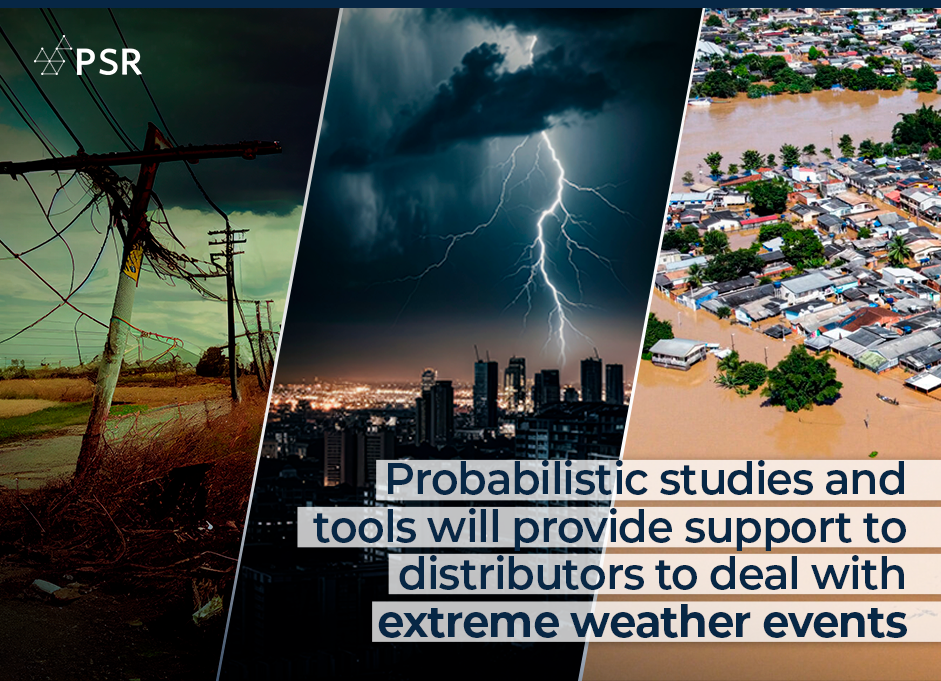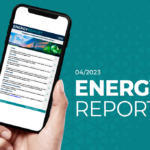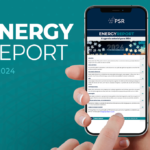Probabilistic studies and tools will provide support to distributors to deal with extreme weather events

With the increase in the frequency and intensity of extreme weather events and their effects on the electricity distribution network, studies and probabilistic analysis tools widely used in the generation segment could be part of the daily lives of energy distributors and other agents in the sector, additionally helping to improve distribution regulation. The opinion is that of Mario Veiga, founder of PSR and Director of Innovation.
“Basically, a world of probabilistic analyses and uncertain events that the generation has been working with for a long time, with droughts, etc., is being brought to distribution. There are techniques that have already been used in generation that can also be useful for this distribution world. It’s about bringing a decision-making mindset about uncertainty that is the ‘daily bread’ in the world of generation,” said Veiga, during a webinar promoted by MegaWhat on increasing the resilience of networks amid climate change.
The event, broadcast in January and mediated by journalist Camila Maia, discussed the effects of climate change on the distribution sector, which recently suffered profound impacts with strong winds in the Southeast and floods in the South of the country. These episodes caused interruptions in the energy supply for millions of consumers, in some cases lasting several days, and were the subject of the November/2023 Energy Report editorial.
“Climate change is an ongoing process. It changes the probability distribution of winds, rains, etc little by little. Thus, the most severe events become little by little more likely. The year 2023 was a year in which the entire world realized that something was wrong. There were severe floods and droughts all over the world,” added Veiga.
Present at the event was Angela Gomes, technical director at PSR. She recalled that this new scenario and probabilistic analyses must also be incorporated by regulation. Uncertainty criteria can help the National Electric Energy Agency (Aneel) establish goals and benchmarks for distributors, giving the correct signal of incentives to increase the resilience of networks while respecting the economic optimum.
“If there is, in fact, an increase in climate events and they will occur more frequently, then there is a cost that will be imposed more effectively on the service provided, either through a higher cost to reestablish the network after these interruptions, or through a cost for society to go without energy, which nowadays is very expensive,” explained Angela.
In the same vein, Matheus Sabino, team leader in the area of Transmission and Distribution Studies at PSR, who also participated in the virtual meeting, highlighted that this is an issue that affects the electricity sector worldwide. He also highlighted that the Energy Report presented a series of measures that are being applied abroad to deal with this challenge.
“This portfolio of measures can be staggered over the short, medium and long term. We can have simple measures, with very quick benefits, such as the issue of vegetation management. Other more technological measures may depend on greater sophistication and matching climate trends. And other operational measures can bring benefits, which, depending on international practice, there is already some experience,” stated Sabino. “Of course, regulation will be important for this,” he added.






